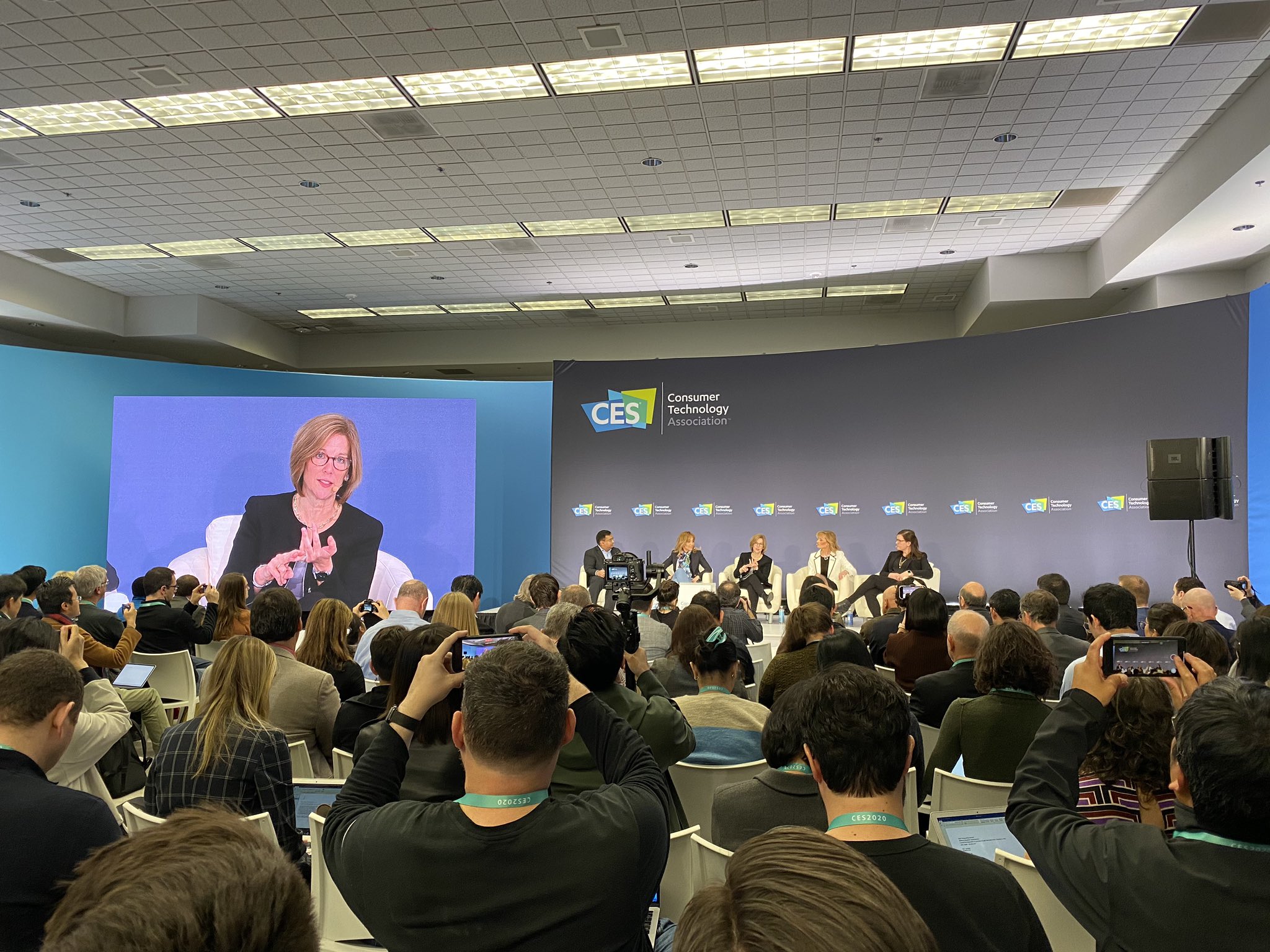Apple privacy director says back doors to iPhone data can't help solve crimes

What you need to know
- Apple's senior director for global privacy has defended Apple's use of encryption at CES 2020.
- Jane Horvath's panel appearance was Apple's first at the event since 1992.
- She discussed data, privacy, and how creating a back door to the iPhone would not help solve crime.

Apple's senior director for global privacy has defended its use of encryption and stated that creating a back door to the iPhone would not help solve crimes in a panel appearance at CES 2020.
Towards the end of last year, it emerged that Apple would be "returning" to CES 2020, a story that got blown totally out of proportion. Apple was in fact only "returning" to CES by way of a panel appearance from Apple's senior director for global privacy. But that doesn't mean she didn't have some very important things to say, because she did.
As reported by CNBC, Horvath spoke about Apple's use of encryption, in the wake of news that the FBI has requested Apple's assistance in accessing two locked iPhones believed to have belonged to Pensacola Naval base shooter Mohammed Alshamrani. According to the report:
Horvath reiterated Apple's view that to protect customer data, if a phone is stolen or gets left in a cab, and ensure consumer trust, the company has designed its devices so that it can't access highly personal information. Apple says that, for locked phones, in order to retrieve data that hasn't been uploaded to the company's servers, it would have to build special software."Our phones are relatively small and they get lost and stolen," Horvath said. "If we're going to be able to rely on our health data and finance data on our devices, we need to make sure that if you misplace that device, you're not losing your sensitive data."
Horvath did also say that Apple had a team working round the clock to respond to law enforcement requests, but that she did not support building back doors into software:
But she said she doesn't support building so-called back doors into software that would allow law enforcement elevated access to private data to solve crimes like terrorism."Building back doors into encryption is not the way we are going to solve those issues," Horvath said.
Whilst Apple's "return" to CES may not quite have been the return some were hoping for. Clearly, Jane Horvath used her platform to reiterate Apple's commitment to the privacy of its users and reassured onlookers that it has no desire to undermine iOS security by giving law-enforcement elevated access to your private information.
iMore offers spot-on advice and guidance from our team of experts, with decades of Apple device experience to lean on. Learn more with iMore!

Stephen Warwick has written about Apple for five years at iMore and previously elsewhere. He covers all of iMore's latest breaking news regarding all of Apple's products and services, both hardware and software. Stephen has interviewed industry experts in a range of fields including finance, litigation, security, and more. He also specializes in curating and reviewing audio hardware and has experience beyond journalism in sound engineering, production, and design.
Before becoming a writer Stephen studied Ancient History at University and also worked at Apple for more than two years. Stephen is also a host on the iMore show, a weekly podcast recorded live that discusses the latest in breaking Apple news, as well as featuring fun trivia about all things Apple. Follow him on Twitter @stephenwarwick9
